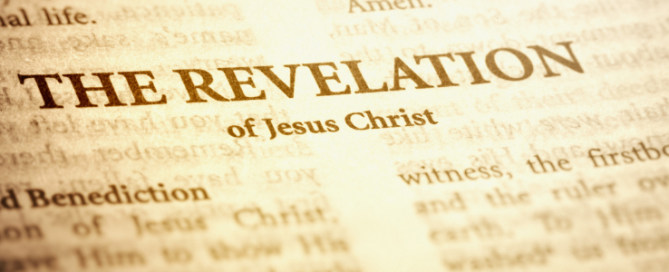Apocalyptic and Revelation content
Preface to My Book on Revelation: Expecting Armageddon
I have sent my book manuscript off to my editor. She will work it over, ask for edits, and we'll go from there. The preface to the book, as it now stands, explains what the book is about and what I try to argue for in it. I thought I'd pass it by you to see what you think. ****************************** Preface Many of the early Christians had serious doubts about the book of Revelation and did not think it should be included in the New Testament. The author, they argued, was not an apostle and the book presented views that were clearly unacceptable. In the end, of course, they lost the argument. But once the book came to be widely accepted as Scripture, the followers of Jesus had to figure out how to make sense of it. Over the long course of Christian history, many readers of the Bible have widely opted not to delve into its mysteries at all. Even today, most find it bizarre and unapproachable. Those who do read it fall into [...]

